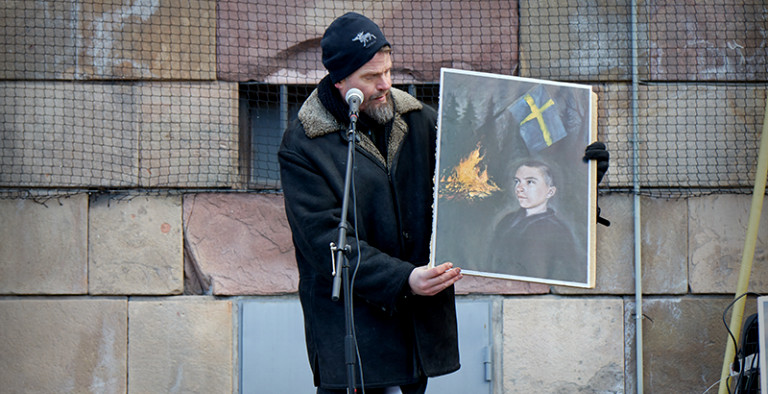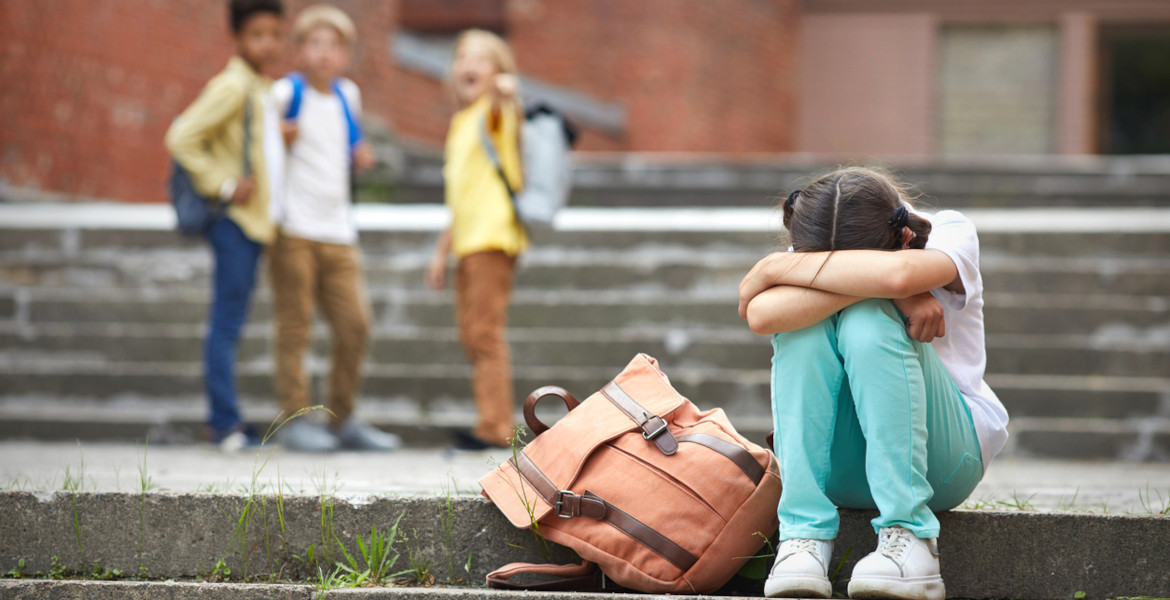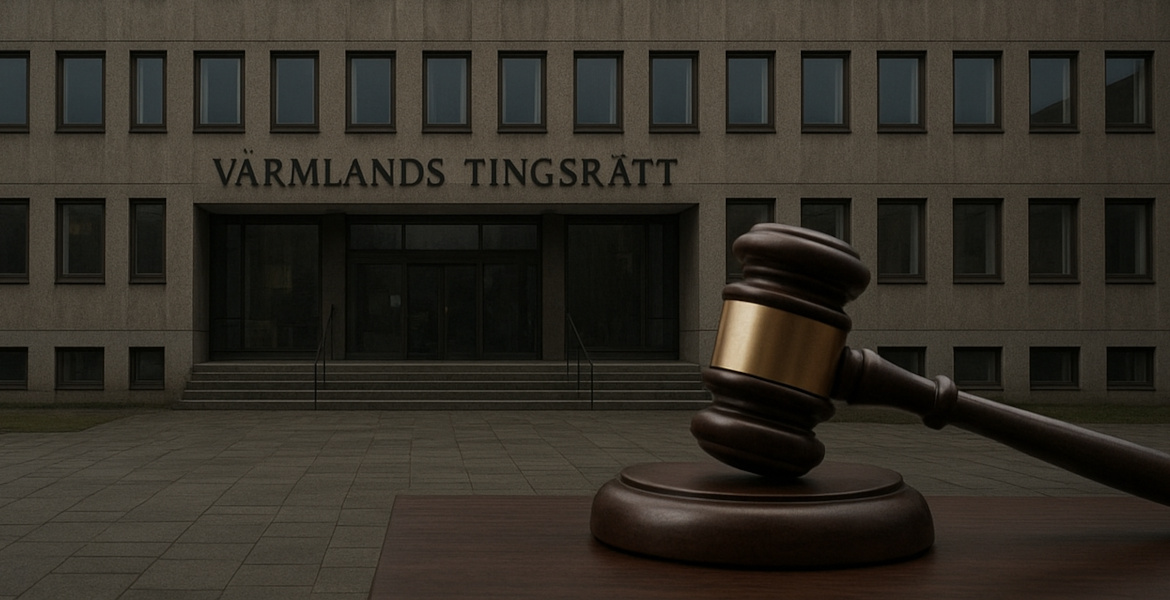Danish Justice Minister Peter Hummelgaard (S) says he is "not ruling out anything" to stop violent crime "imported" from Sweden.
Recently, several cases have come to light where teenagers with Swedish citizenship have committed crimes in Denmark. One solution now being considered is to introduce border controls in the hope of curbing crime.
– If the police assess that the situation requires the use of completely new tools for a shorter or longer period of time because of the situation, then I think we should definitely be open to that, the minister told Danish TV2.
The statement comes after a man and a woman - both 24 years old - were arrested by Swedish police on suspicion of being behind a kiosk bombing in Copenhagen. The two were extradited by Copenhagen police.
It was unclear Wednesday morning whether the two were Swedish citizens, but the arrest is the fourth in a short time in which criminals from Sweden have traveled to Denmark to commit acts of violence - the other three cases involve shootings.
– All these incidents reflect the fact that there are currently conflicts going on in criminal circles on the other side of Öresund, where it is quite obvious that Sweden can use completely different methods than what we have seen so far in Denmark, due to a more sophisticated criminal culture on the other side of the strait, Hummelgaard continues, calling the wave of violence a "huge challenge".
Danish police sent to Sweden
This includes the arrest of a 17-year-old Swedish citizen for shooting and wounding an 18-year-old with a semi-automatic pistol in Frederiksberg, and the arrest of a 16-year-old Swedish citizen for attempted murder in connection with another shooting in Copenhagen last week.
On the same day, another 17-year-old Swedish citizen was arrested after a shooting in Kolding. According to Danish TV2, there have been 11 other cases of Swedish citizens involved in serious violence in Denmark in less than a year.
The Minister of Justice also promises to intensify cooperation with the Swedish police and to place a Danish police officer permanently in Sweden to "ensure even more permanent and effective intelligence cooperation".
It should also be noted that there are currently border controls when entering Sweden from Denmark - but not in the opposite direction.






